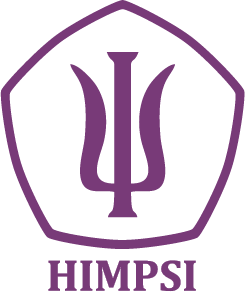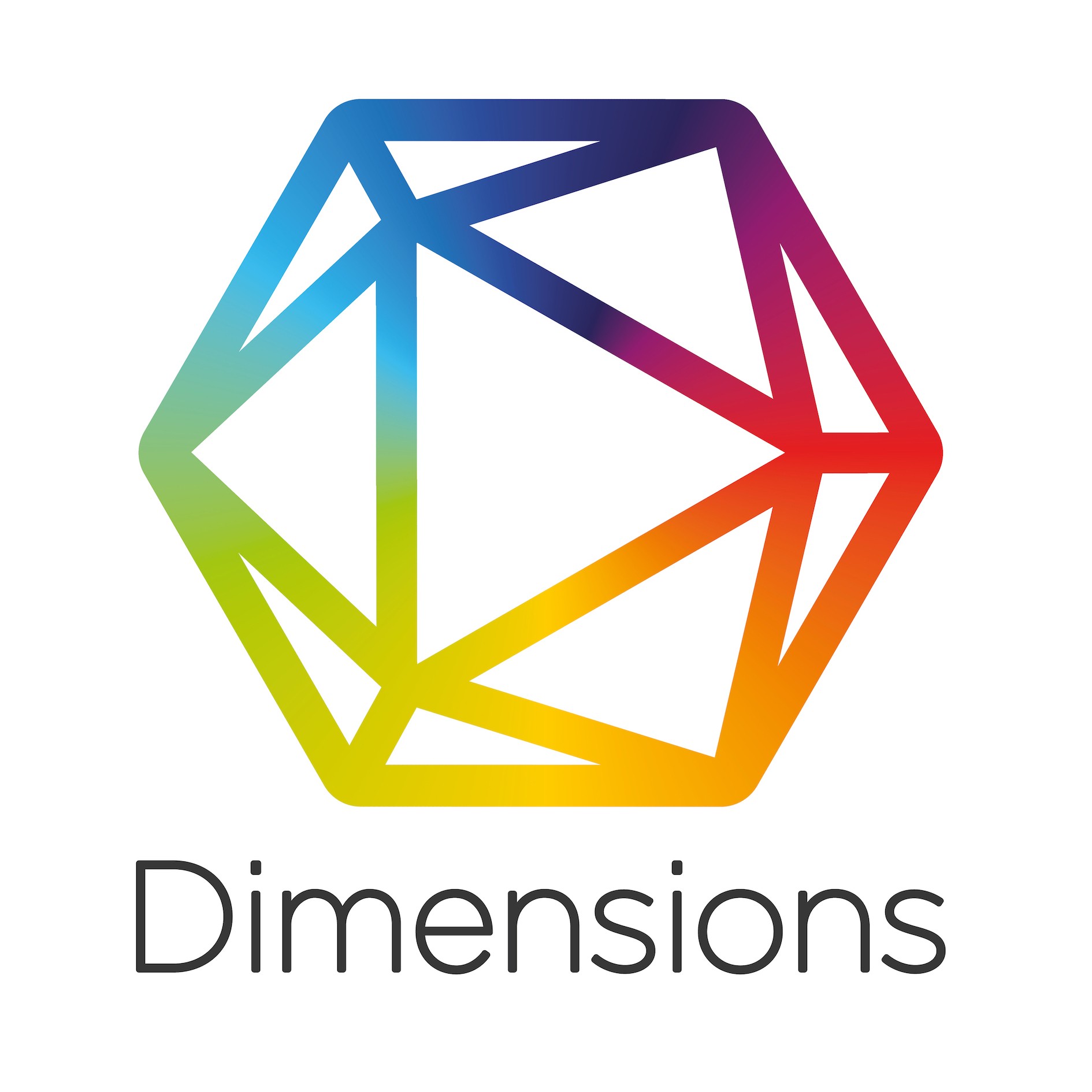Pengaruh Kecemasan Kesehatan dengan Cyberchondria di tengah Pandemi Covid-19
DOI:
https://doi.org/10.25170/manasa.v11i1.3325Keywords:
health anxiety, cyberchondria, covid-19Abstract
Pandemi Covid-19 adalah persoalan yang masih dan sedang ditangani serta menjadi fokus perhatian seluruh dunia saat ini. Dampak dari Covid-19 terhadap kesehatan fisik dan kesehatan mental terlihat dari respon kecemasan dan ketakutan masyarakat akan kesehatan yang muncul dari persepsi atas keadaan menekan yang dialami. Kecemasan kesehatan (Health Anxiety) adalah kecemasan dan ketakutan berlebihan akan kesehatan yang muncul karena keyakinan atau interpretasi terhadap sensasi dan perubahan tubuh sebagai indikasi mengalami penyakit yang serius (Asmundson, Abramowitz, Richter, & Whedon, 2010; Furer, Walker, & Stein, 2007; Taylor & Asmundson, 2004). Salah satu safety-seeking behavior dalam mengatasi dan menanggapi kondisi pandemi, individu akan mencari informasi-informasi kesehatan melalui internet atau mengunjungi layanan kesehatan online. Kecemasan yang berlebihan yang dikaitkan dengan pencarian informasi kesehatan di internet ini disebut Cyberchondria (Starcevic, 2017). Penelitian ini bertujuan untuk menguji pengaruh kecemasan kesehatan (Health Anxety) dengan Cyberchondria di tengah pandemi Covid-19. Penelitian dengan metode korelasional mengunakan teknik convenience sampling dilakukan pada 308 orang partisipan penelitian yang merupakan warga negara Indonesia berusia 17 tahun keatas. Instrumen dalam penelitian ini menggunkan Short Health Anxiety Inventory (SHAI) untuk mengukur kecemasan kesehatan dan instrumen Cyberchondria Severity Scale (CSS) untuk mengukur cyberchondria. Data penelitian diuji dengan uji regresi dan hasil penelitian menunjukkan bahwa kecemasan kesehatan berpengaruh signifikan terhadap cyberchondria dimana kecemasan kesehatan ditengah pandemi covid 19 akan memprediksi kecenderungan individu untuk mengalami cyberchondria (R2 = .142, b = 1.516, p = .000; p < .05).
References
Alecu, L. S. (2020). Book review Taylor, S.: The psychology of pandemics: preparing for the next global outbreak of infectious disease, Cambridge Scholars Publishing, 2019, p. 158. Jurnalul Practicilor Comunitare Pozitive, 20(1), 97-101.
Asmundson, G. J., Abramowitz, J. S., Richter, A. A., & Whedon, M. (2010). Health anxiety: current perspectives and future directions. Current psychiatry reports, 12(4), 306-312.
Asmundson, G. J., & Taylor, S. (2020). How health anxiety influences responses to viral outbreaks like COVID-19: What all decision-makers, health authorities, and health care professionals need to know. Journal of anxiety disorders, 71, 102211.
Aulia, A., Marchira, C. R., Supriyanto, I., & Pratiti, B. (2020). Cyberchondria in first year medical students of Yogyakarta. Journal of Consumer Health on the Internet, 24(1), 1-9.
Furer, P., Walker, J. R., & Stein, M. B. (2007). Treating health anxiety and fear of death: A practitioner's guide: Springer Science & Business Media.
Jungmann, S. M., & Witthöft, M. (2020). Health anxiety, cyberchondria, and coping in the current COVID-19 pandemic: Which factors are related to coronavirus anxiety? Journal of anxiety disorders, 102239.
McElroy, E., & Shevlin, M. (2014). The development and initial validation of the cyberchondria severity scale (CSS). Journal of anxiety disorders, 28(2), 259-265.
Muse, K., McManus, F., Leung, C., Meghreblian, B., & Williams, J. M. G. (2012). Cyberchondriasis: fact or fiction? A preliminary examination of the relationship between health anxiety and searching for health information on the Internet. Journal of anxiety disorders, 26(1), 189-196.
Salkovskis, P. M., Rimes, K. A., Warwick, H., & Clark, D. (2002). The Health Anxiety Inventory: development and validation of scales for the measurement of health anxiety and hypochondriasis. Psychological medicine, 32(5), 843-853.
Singh, K., Fox, J. R., & Brown, R. J. (2016). Health anxiety and Internet use: A thematic analysis. Cyberpsychology: Journal of Psychosocial Research on Cyberspace, 10(2).
Starcevic, V. (2017). Cyberchondria: challenges of problematic online searches for health-related information. Psychotherapy and psychosomatics, 86(3), 129-133.
Starcevic, V., & Berle, D. (2013). Cyberchondria: towards a better understanding of excessive health-related Internet use. Expert Review of Neurotherapeutics, 13(2), 205-213.
Taylor, S. (2019). The Psychology of Pandemics: Preparing for the Next Global Outbreak of Infectious Disease: Cambridge Scholars Publishing.
Taylor, S., & Asmundson, G. J. (2004). Treating health anxiety: A cognitive-behavioral approach: Guilford Press.
Wang, C., Pan, R., Wan, X., Tan, Y., Xu, L., Ho, C. S., & Ho, R. C. (2020). Immediate psychological responses and associated factors during the initial stage of the 2019 coronavirus disease (COVID-19) epidemic among the general population in China. International journal of environmental research and public health, 17(5), 1729.
White, R. W., & Horvitz, E. (2009). Cyberchondria: studies of the escalation of medical concerns in web search. ACM Transactions on Information Systems (TOIS), 27(4), 1-37.









.png)
.png)

